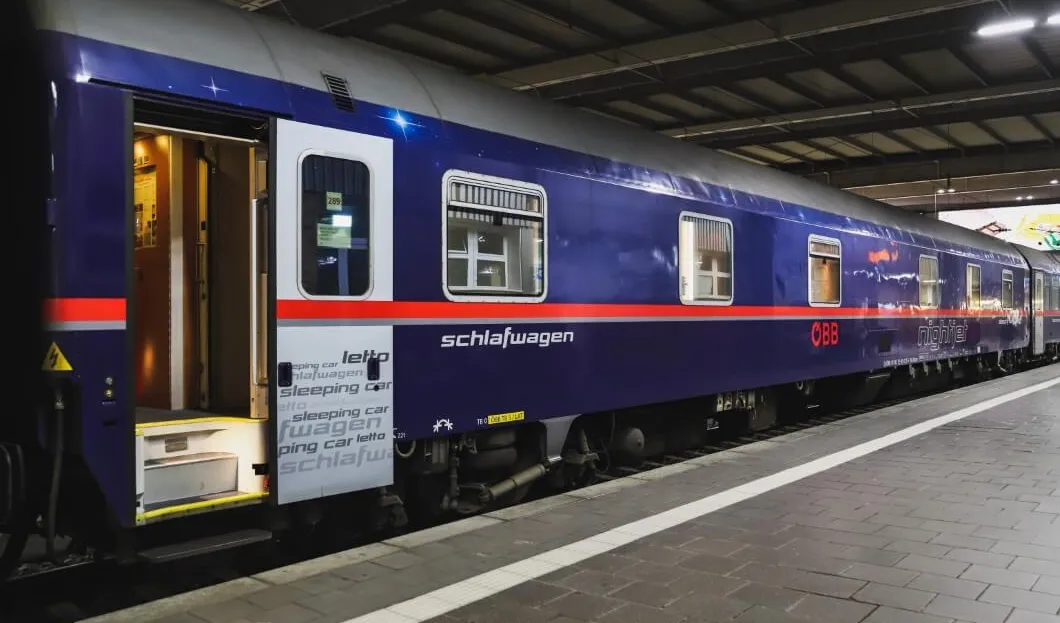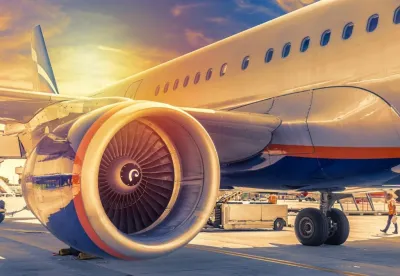
There was a time when night trains experienced an immense boom and rail travel was the most popular means of transport on the market. Since the introduction of air travel, however, trains, and especially long-haul trains, lost popularity. The night train network is expected to renew the interest in rail.
It seems to be a real possibility that in the next couple of years a complex night train network will be created on the old continent. Last week, various railroad providers from France, Germany, Austria and Switzerland announced a cooperation plan to create a network nicknamed Nightjet in the coming years.
Traveling by Train at Night
The idea of SBB (Switzerland), ÖBB (Austria), Deutsche Bahn (Germany) and SNCF (France) is to connect a total of 13 European metropolises by night trains by December 2024. In this context, the directors of the companies signed a joint declaration which also marks the start of 2021 as the “European Year of Rails”.
In December 2021, the first line is set to be launched between Vienna, Munich and Paris as well as Zurich, Cologne and Amsterdam. A year later Zurich will be connected to Rome, while connections from Vienna and Berlin to Brussels and Paris are planned for 2023. The last step of this first stage is set to connect Zurich and Barcelona.
Germany and Austria Stress Climatic Needs
The aim of the planned cooperation, at least according to the German Minister of Transport Andreas Scheuer, is to make Europe even more climate and environmentally friendly with attractive, end-to-end long-distance rail connections.
According to the Austrian Minister of Transport, Leonore Gewessler, the creation of night train network is a sign that Europe is taking its climate protection obligations seriously.
“We clearly see it as a political task to establish night trains as an alternative to short-haul flights and car journeys,” she said, adding that 500 million euros will be invested in night trains over the next few years.
Moreover, ÖBB chief Andreas Matthä expects the number of passengers to double from 1.4 million in the pre-Covid-19 period to just under three million.
A Symbol of European Unity
Meanwhile, Matthä’s French counterpart Jean-Pierre Farandou from SNCF highlighted that this project could create a semblance of unity between Europeans.
“The European Union should consider rail travel more as an instrument of European unity. We must rediscover the meaning of long distance in Europe,” he said.
“We have cross-border cooperation, but night trains make it possible to go a little further. They can connect distances greater than 1000 km, and therefore connect passenger corridors between European countries,” Farandou added.
SNCF’s CEO also highlighted that the night rail network is primarily intended for customers with lower purchasing power. “The night trains meet a demand, that of youth and youth is Europe,” he said.
Attractive Offers
Finally, Swiss representatives also gave their take on the matter. According to Peter Füglistaler, Director of the Swiss Federal Office of Transport, this cooperation is a fundamental decision.
“Now the railways have the political support they need to win over customers with attractive new offers,” he noted.
SBB CEO Vincent Ducrot also praised the initiative, stressing that “the expansion of international connections in day and night rail traffic is very important for Switzerland”.
“This cooperation enables us to implement our expansion plans quickly. In night traffic, we will expand the offer from Switzerland from six to ten lines to 25 destinations by 2024. That is a very important contribution to promoting climate-friendly mobility,” Ducrot added.










